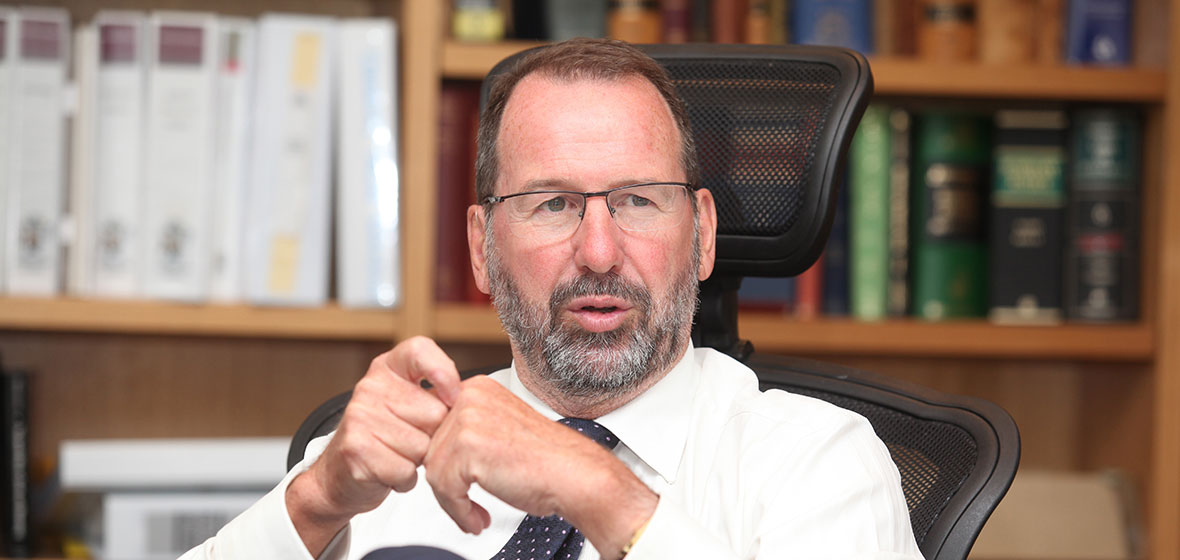Michael Barnes loves his work, even though it means his daily life is filled with tragic stories of death and the very worst of human nature. Bruce and Denise Morcombe called him “the game breaker” who helped police bring charges surrounding the death of their 13-year-old son Daniel in 2003. This year, Barnes will investigate several hundred cases, including the deaths of Katrina Dawson and Tori Johnson who died in the hostage drama in the Lindt Café in December. Because these deaths occurred during a police operation, the inquest that began on 29 January, is mandatory. In any given month, Barnes may hear cases at the State Coroner’s Court in Glebe or in regional centres such as Byron Bay (including an inquest into the death of Stuart Butler, an Irishman whose body has never been found since he went surfing in July 2014) or Walgett (such as the inquest into the death of Massimo Suklan, who was found dead in a car from an apparent drug overdose.) Barnes, 59, was Queensland State Coroner until July 2013 when the statutory 10-year limit required him to resign. He moved to Sydney, where he was born, and after six months as a magistrate replaced Mary Jerram as State Coroner in a five-year term that began a year ago. BY JANE SOUTHWARD.
This is an area of the law in which it is easy to maintain interest: a dead body on every file, an unexplained unnatural death, if that can’t interest you, what can? But it makes you sad. There aren’t any happy cases.
I don’t do autopsies, although I read the material and I sometimes attend. It is stressful. I deal with it by acknowledging that it would be much harder to work in an emergency department where people come in and you have to try to save them. You’d be constantly worrying if you had done everything you could for them. By the time they get to me, the people are already dead. I know I can do nothing to prevent that. All I can do is try to make the aftermath a little better.
I don’t believe in closure, but people really do want information and they certainly benefit from it. The hardest cases are when there is no body recovered. That makes it much harder. The Morcombes are a good example of that. I met the parents two or three times and made several site visits. Certainly, even though I think they knew Daniel was dead, the fact they had not been able to bury him made their pain worse.




